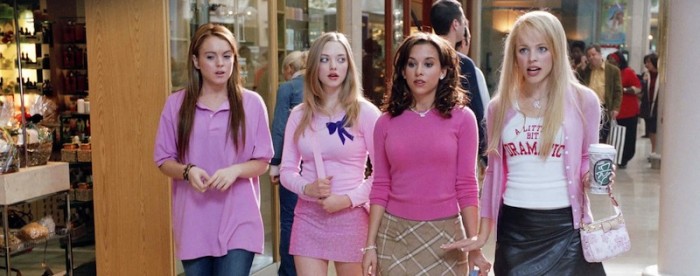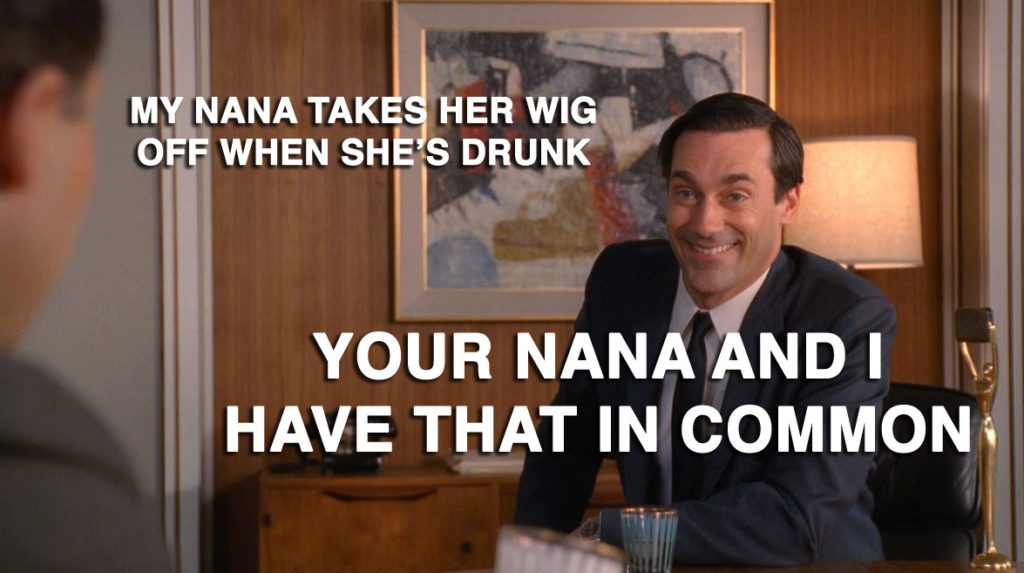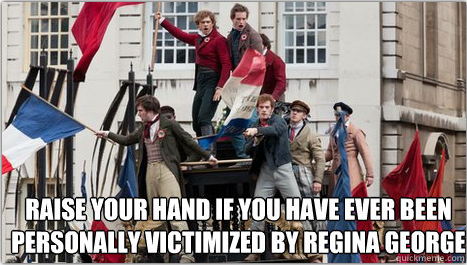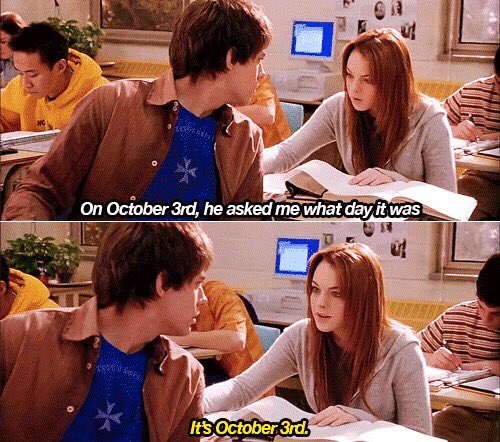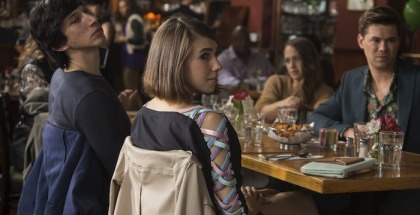Mean Girls: How the web made fetch happen
David Farnor | On 30, Apr 2014
Today marks the 10 year anniversary of everyone’s favourite high school movie: Mean Girls. Of course, any fan will already be aware of that. Why? Because The Internet.
Tina Fey’s comedy has been the popular girl in the teen flick school for a decade – and nothing else has come close to stealing her crown. There have been good high school movies, great ones even – hello, Easy A – not to mention ones that openly use their love of Mean Girls as a plot point (G.B.F.). But for some reason, Mean Girls has amassed a following, which remains as vocal and active as it was all those years ago. In short, it actually made fetch happen. The surprising part? Fetch continues to happen.
Fey’s adaptation of Rosalind Wiseman’s Queen Bees and Wannabes ran through high school with a skewer. Its scathing take on social norms, manipulation, bullying and friendships was hilarious, but also strangely realistic; observations made with the wit and insight of a 30-something Saturday Night Live comedian but the experience of a teenager. You can identity with the idea of a Burn Book, in which rumours, gossip and insults are logged permanently – or a time when trivial traditions, such as handing out candy canes at Christmas, actually mean something.
“You go Glen Coco!” cries Damian (Daniel Franzese) as he hands out the sweets, before taunting: “And none for Gretchen Wieners.”
The cast, from Lindsay Lohan’s naive home-schooled redhead and Rachel McAdam’s scheming Regina George to Amanda Seyfried’s idiotic friend and Amy Poehler’s hard-nippled mother, all play their roles with recognisable bitchiness – and, perhaps more importantly, are given the best possible dialogue to do it. Insults, jokes and exchanges are endlessly quotable.
So what’s the secret to its success? There are have been countless articles devoted to its accuracy and cross-generational resonance, but part of the answer is simple – and you’re looking right at it.
“We were the first one of those [high-school] movies that also had the Internet,” Franzese told Cosmopolitan. “I mean, Mean Girls is dissected on the Internet.”
Mean Girls was released in 2004 – the same year as Facebook. The timing seems fitting for a film that has gone on to dominate the online community. Some movies inspire memes. Mean Girls inspires memes that are then mixed with others to form brand new memes: it’s one of the most-used ingredients in online mash-ups.
That ubiquitous digital presence stems, in part, from the way the film dissects social norms – but also because the audience witnessing that dissection were of the right age to talk about it on the web. In the last month alone, Tumblr users have posted more than 10,000 posts and 477,000 notes related to the film.
Clueless, Cruel Intentions and 10 Things I Hate About You all have dedicated fans, but they are older people. The ones who spend their time populating Tumblr with GIFs, quotes and Photoshopped jokes? Those are the people who have grown up with Mean Girls and the web at the same time.
A quick search of Buzzfeed, as good an arbitrary measure of cultural significance as any, reveals the extent of the divide: Clueless, arguably the definitive entry in the genre, has 3,330 articles written about it. Cruel Intentions is the subject of 173. 374 are dedicated to 10 Things I Hate About You. Mean Girls? 10,500. Not only are the folk contributing to Buzzfeed fans; they know that the folk reading it are too. That’s a lot of people.
The launch of Facebook and Mean Girls in the same year feels even more apt when you consider the parallels between high school and social media. Both involve cliques and sub-groups, divisions between the popular celebrities and the normal people. Twitter parody accounts and Internet rumours are not a far cry from the Burn Book, with its made-up scandals and unsubstantiated put-downs.
But while both school and social networks can be cruel places, and bullying can get nasty – nastier, even, than the behaviour in Mean Girls – there’s a difference between Regina’s exclusive life-ruining regime and Tim Berners-Lee’s world wide web: the clique of Mean Girls fans is massive. And it welcomes new members.
The Internet changes the way we interact with strangers. We follow other people on Twitter and Instagram because of things we both like, be it football, fashion or films (other things not beginning with ‘f’ are also available). In The Breakfast Club, members of different social groups are surprised to discover they have things in common. The Internet, on the other hand, encourages people to naturally join together in groups of shared interests (as long as you ignore the trolls). On October 3rd every year, #MeanGirlsDay trends on Twitter, as people remember the momentous time that Aaron Samuels told Cady what day it was.
Whether your experience of high school was similar to Mean Girls, or you simply find it very funny, the web (for better or worse) is a Burn Book that everyone can write in. There’s space for everyone – and people continue to fill it up. There’s some for Buzzfeed to rank favourite quotes. Some for The Rolling Stones to talk about cast members. Some for us to write this. And some for Gretchen Wieners.
Mean Girls is available on Netflix UK, as part of an £9.99 monthly subscription. It is also available to watch online on Amazon Prime Video as part of a Prime membership or a £5.99 monthly subscription.


